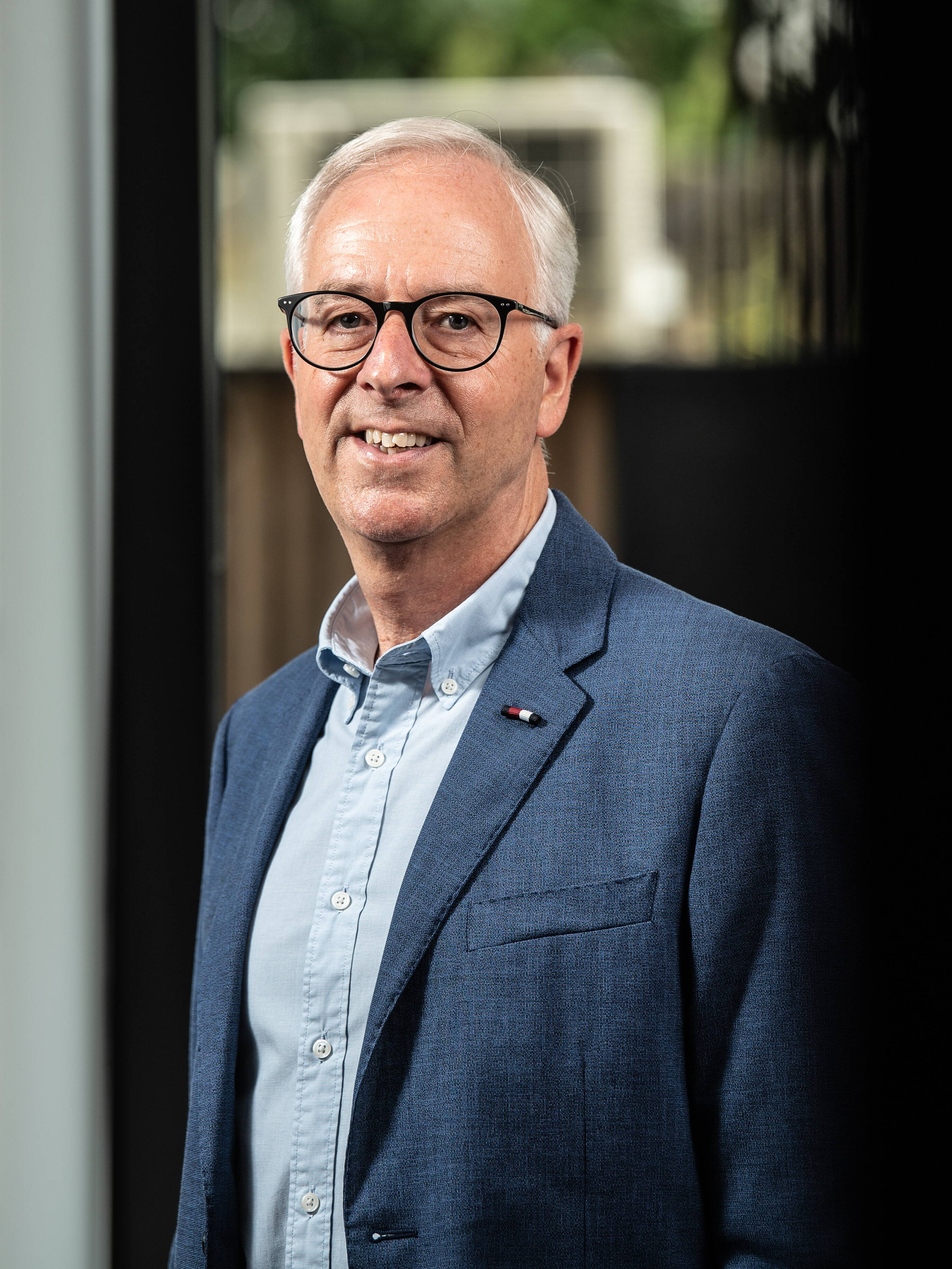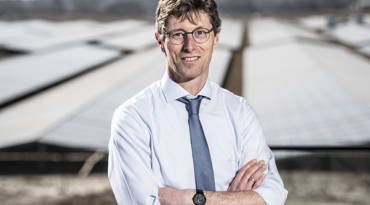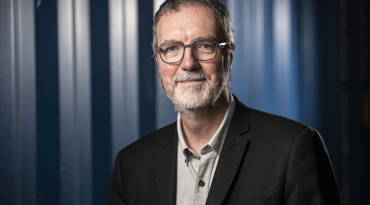Zinc and the by-products of zinc production such as germanium, indium and gallium are indispensable for green energy technology. Zinc itself is not a rare metal but the sector is calling for vigilance.
‘In Europe, as in the rest of the world, supply and demand for zinc are generally well-balanced,’ says Kamila Slupek, Sustainability Director at Eurometaux, the European metal federation. ‘In Europe, in principle the current and future demand for zinc is in fact covered by the existing mining and smelting capacity. But the energy crisis did bring significant challenges with it. In the meantime, a number of European zinc smelters are still not operating, which gives rise to the question as to whether they will ever come back online. Europe needs to be careful that that capacity is not lost for good to regions where the price of electricity and total production costs are lower because different operating standards are used,’ says Slupek.
Crucial industry
Howard Winbow, Director of European Affairs at the International Zinc Association, backs up Slupek. ‘Zinc may not be a critical material from the perspective of supply and demand but the industry itself is crucial, and zinc is a strategic material for a low-carbon economy.’
‘Zinc is quite simply fundamental to all the technologies that Europe needs in order to be able to achieve its ambitious net zero targets,’ says Slupek.
Critical materials
And then there is another element that makes the European zinc industry of strategic importance: the by-products of zinc production. During the production of zinc, other metals are released which are on the list of critical materials from the Critical Raw Materials Act such as germanium, indium and gallium.
To put it simply: you need the zinc industry to obtain a metal like germanium which is so important for the production of optical fibres and computer chips. These are just the types of metals for which Europe currently depends so heavily on countries like China.
Strategic importance
‘There is a growing realisation that the European zinc industry is also of strategic importance to the EU from
that perspective,’ says Slupek. ‘Europe needs to create the conditions to make that germanium production possible in our zinc smelters. It’s another argument for supporting zinc production in Europe and keeping it viable.’
That is also confirmed by Winbow. ‘Zinc is known

In Europe, the current and future demand for zinc can be covered by the existing smelting capacity of both European and imported zinc concentrate provided that the current capacity remains in operation.
Kamila Slupek,
Sustainability Director at Eurometaux
throughout Europe as a “carrier metal” for these rare metals.’ So nothing but good news? Winbow is not so sure about that. ‘Even if we managed to complete the licensing procedure for a new mine or smelter quickly and efficiently tomorrow, it would still be several years before that new capacity came online.’

Zinc may not be a critical material from the perspective of supply and demand but the industry itself is crucial.
Howard Winbow,
Director of European Affairs at the International Zinc Association


